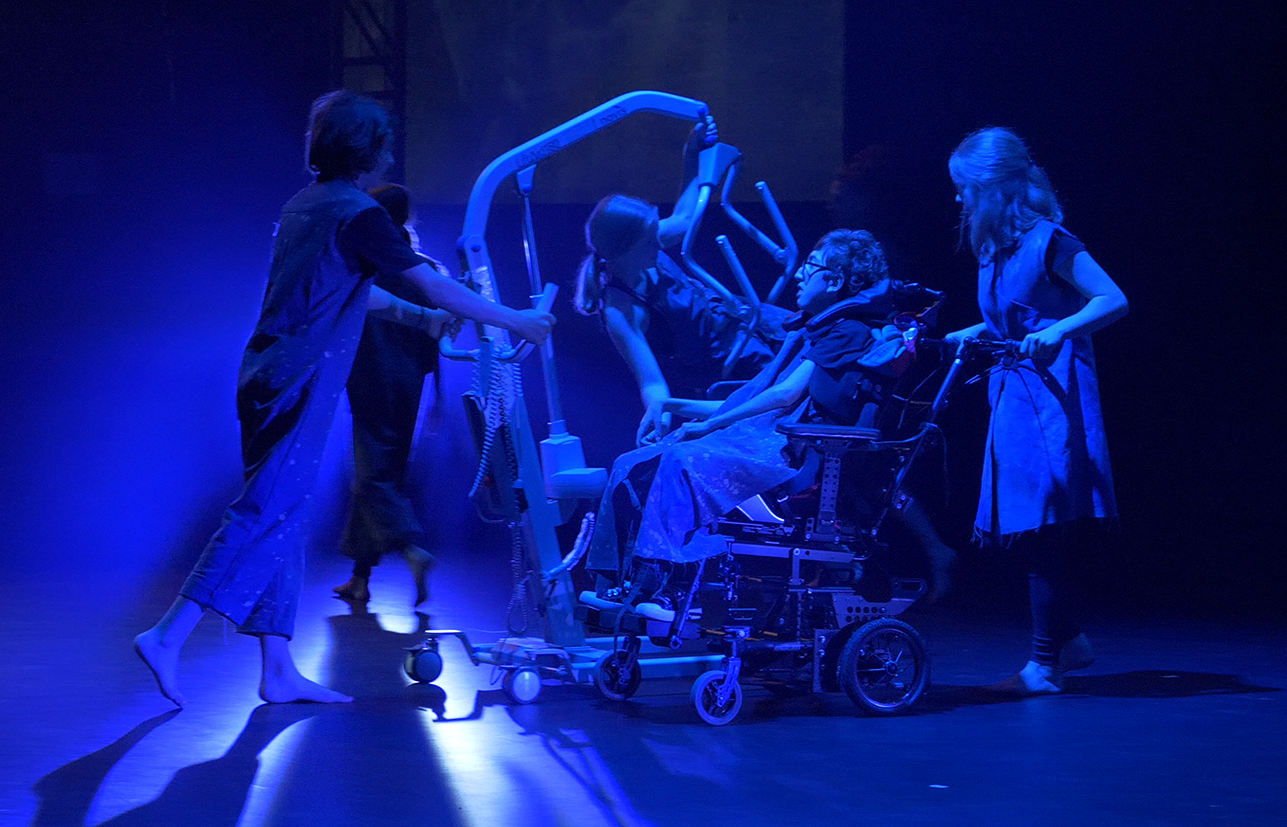Search
Research
The Unintended Impact of COVID-19 Associated Non-Pharmaceutical Interventions on Paediatric Hospital Admissions: An Interrupted Time Series AnalysisCOVID-19 related non-pharmaceutical interventions (NPIs) disrupted global healthcare utilisation, with notable declines in infection related paediatric hospitalisations. We aimed to identify non-infectious paediatric conditions for which the incidence of hospital admissions increased during the introduction and alleviation of NPIs in 2020.

A quality of life tool developed by disability researcher Jenny Downs is helping to reveal the difference specific interventions can make to the lives of children and families living with disability.

Video technology is helping researchers learn more about the earliest features of autism, and in turn is helping families gain access to better interventions.
Research
Loneliness and Emotional and Externalizing Problems in Early Adolescence: Moderating and Mediating Effects of Coping SkillsLoneliness is an unavoidable facet of human existence. When chronic and intense, adolescent loneliness is associated with maladjustment over time. A prospective multiple-cohort study examined the links between child-reported loneliness and coping skills and parent-rated child mental health in early adolescence, with a total of 266 students from 75 primary and 152 secondary schools.
Research
IDH mutant high-grade gliomasGliomas are the most common type of malignant primary central nervous system (CNS) tumors, resulting in significant morbidity and mortality in children and adolescent and young adult (AYA) patients. The discovery of mutations in isocitrate dehydrogenase (IDH) genes has dramatically changed the classification and understanding of gliomas. IDH mutant gliomas have distinct clinical, pathological, and molecular features including a favorable prognosis and response to therapy compared to their wildtype counterparts.
Research
“We Need Community-Centred, Strongly Ethical Genetic Research”: A Qualitative Investigation of Community Attitudes Toward Autism GeneticsAutism genetics has historically attracted a substantial proportion of autism research funding internationally. However, more recently, several controversies centered on ethical conduct and lack of community consultation have emerged. This has triggered Autistic-led protests for the functional and meaningful inclusion of Autistic voices in the research design.
Research
The Luminos Project: Co-Designing a Short-Stay Suicide Support Model for Young PeopleSuicide was the leading cause of death among young Australians aged 15-24 years old in 2023, with 392 lives lost. The continued high numbers of youth suicide demand urgent exploration of alternative approaches to suicide intervention in this population. The United Kingdom-based suicide service Maytree offers an innovative short-term stay for people experiencing suicidal thoughts. Grounded by the Maytree model-of-care, the aim of the current study was to co-design a short-stay service responsive to the specific needs of suicidal young people.
Research
Health impact and cost-effectiveness of COVID-19 booster vaccination strategies in the early post-Omicron era: a dynamic modelling studyFollowing widespread exposure to Omicron variants, SARS-CoV-2 has transitioned to endemic circulation. Populations now have diverse infection and vaccination histories, resulting in heterogeneous immune landscapes. Careful consideration of the value of ongoing vaccination is required through the post-Omicron phase of COVID-19 management to minimise disease burden.
Research
The feasibility of using electrical impedance tomography to guide positive pressure airway clearance in children with cystic fibrosis and tracheobronchomalaciaPositive expiratory pressure devices are frequently used for airway clearance in children with cystic fibrosis and tracheobronchomalacia. This study aimed to establish if electrical impedance tomography is a feasible measure to titrate pressures in non-sedated children.
Research
High dose, subcutaneous injections of benzathine penicillin G (SCIP) to prevent rheumatic fever: A single arm, phase IIa trial of safety and pharmacokineticsThis Phase-IIa trial evaluates the safety and pharmacokinetics of high-dose, 10 weekly subcutaneous injections of penicillin (SCIP) in young people with a history of acute rheumatic fever (ARF).
